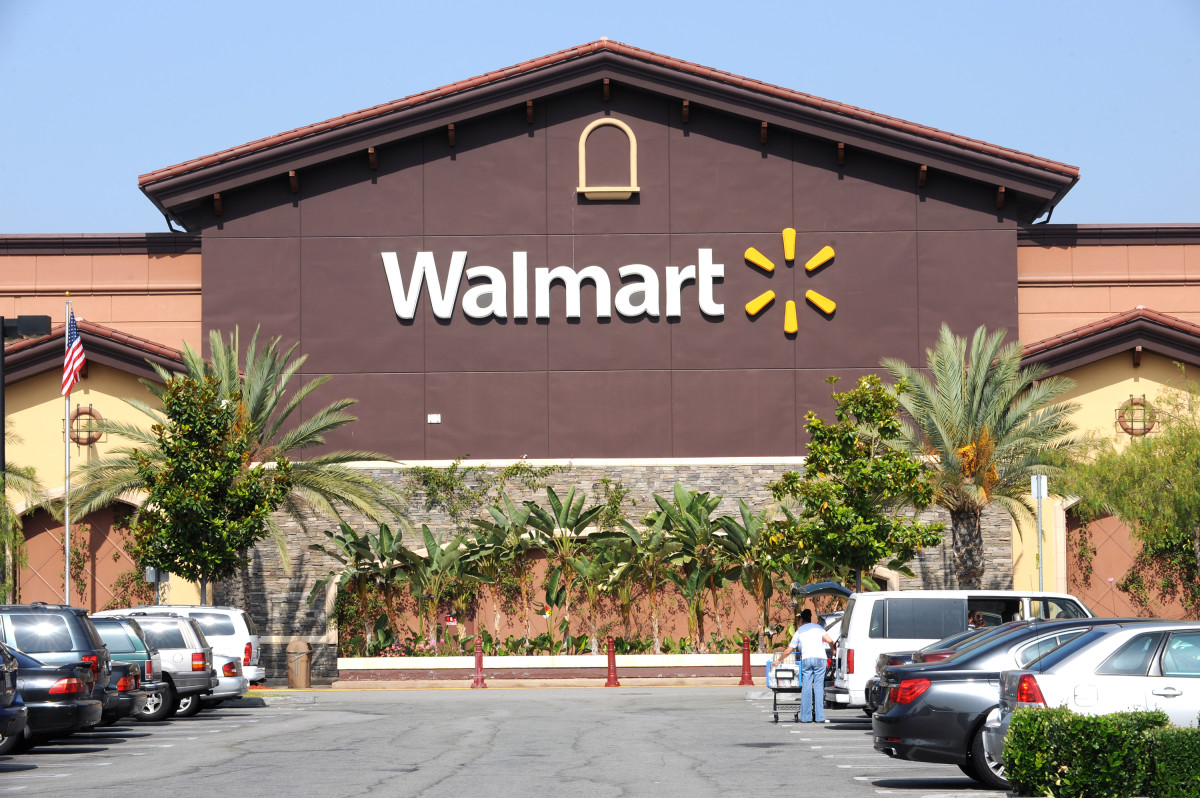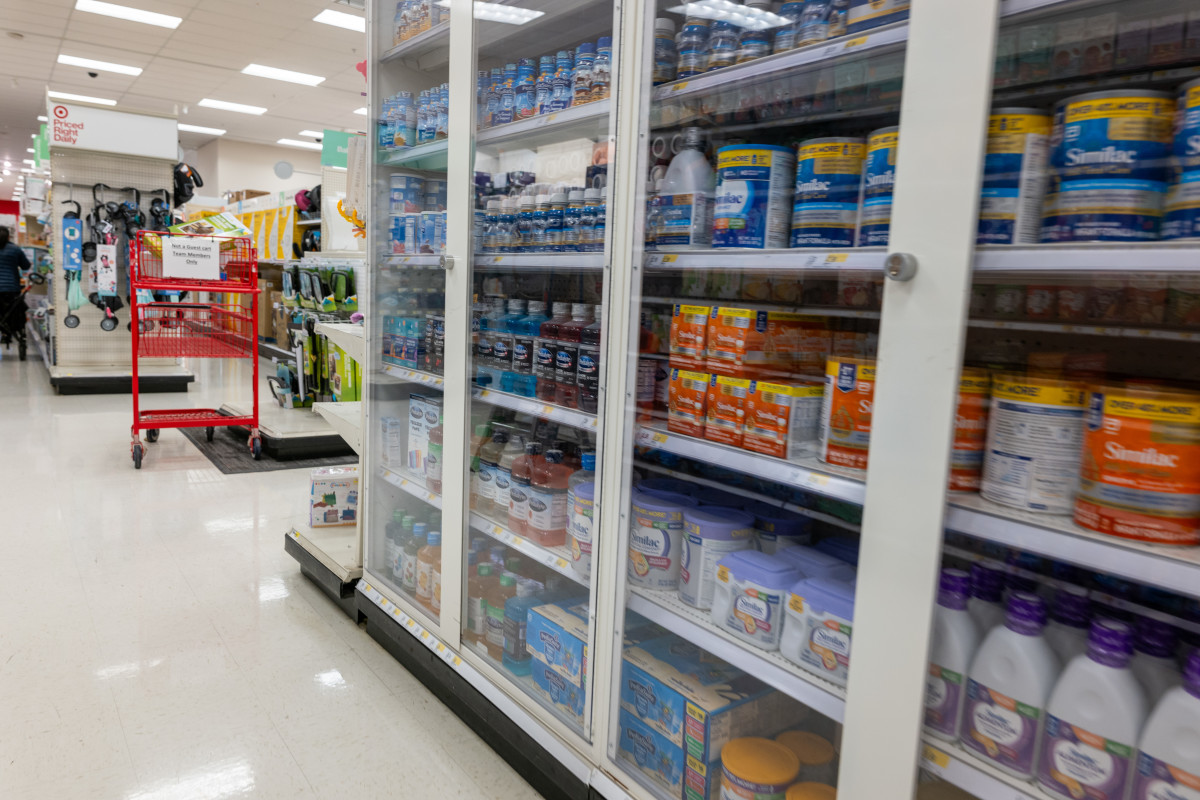
If you've shopped in person at a drugstore, grocery store, or big-box retailer recently, chances are you've noticed a shift in the experience.
For one, there are likely to be fewer cashiers manning the registers; many retailers have swapped in-person checkouts for an autonomous experience with very mixed results.
Related: Huge shipping company files Chapter 11 bankruptcy to liquidate
It's not just the checkout process that's undergone an overhaul, however.
You've probably noticed fewer employees dispersed throughout the store. Employee attrition over the last several years has plagued retailers; it's gotten harder to convince folks to come to work for dwindling wages and an increasingly hostile work environment whereby difficult customers, longer hours, and retail theft are all more common.
For the intrepid and determined customers, however, this may not sway you. Maybe you continue to go on your regular shopping trips as before. But you still probably noticed that when you go to fill your cart with whatever it is you need – body wash, shave gel, paper towels, vitamins, you name it – a vast majority of the stuff is locked up behind plexiglass barriers.
These barriers are intended to prevent theft, and indeed they do. But a recent finding reveals they may be a little too effective.

Retailers still struggling to solve theft issue
It's been a bugbear for years, now. CEO after CEO will get up on an earnings call and discuss inventory shrink. Typically, they'll run down how bad it's gotten, how rampant it is in certain cities, and what they're doing to tamp down on profit loss.
Target (TGT) and Walmart (WMT) , for example, have been closing stores across the United States that have been hit particularly hard by in-store theft.
More Retail:
- Ulta CEO sounds the alarm on a growing problem
- Lululemon releases a first-of-its-kind product
- Target store introduces a new 'over 18' policy
- Amazon launches genius new subscription product
Target has even gone as far as to institute an over-18 policy in some stores, whereby minors must be accompanied by adults to gain entry. The Minneapolis-based retailer has also shifted its self-checkout process (which is notorious for theft permeability), limiting the amount of items eligible for self checkout to 10 or fewer.
But the overwhelmingly popular solution among retailers has been to simply lock up high-value inventory, often behind clear plexiglass barriers that require a key from an employee to unlock. This process is effective against thieves who swipe merchandise without anyone looking. For the honest customer, however, it's a cumbersome and time-consuming experience.
Locked up merchandise causing issues
This is especially the case for delivery drivers. People working for services like Instacart are usually encouraged to fulfill their errands on a time crunch, and waiting around for an associate to grab a key to unlock a customer's desired shampoo cuts into that precious time.
Because of this, delivery drivers have gone on record saying they'll actively avoid certain stores notorious for locking up merchandise to avoid the trouble. Two of those retailers in particular were Walmart and Walgreens (WBA) .
"If your item is in a locked case I'm not waiting around to get it because f--- y--. Who's with me here," one driver wrote on the Instacart subreddit.
View the original article to see embedded media.
"I just did a small order with 10 or so items. The customer had some shaving cream on the list and the store had it behind a glass case needing someone with a key to get it," another wrote. "My choice was to find someone who worked there who could unlock the case or refund it. I refunded it, don't get paid enough to work that hard. Sorry customer."
And while the solution may sound drastic, drivers explained that time is money with many delivery services, and taking too long can prove costly.
"Drivers make money per order, not per hour, so every second counts for us," one driver told Business Insider.
Related: Walmart has very good news for Americans in search of deals
This is especially troublesome when a driver is expected to deliver perishable groceries. The longer a frozen or refrigerated item thaws out, the poorer their tip is likely to be.
"I ended up ripping the cardboard of the packaging and taking it off the hook," one driver said of a recent Walmart order that included cosmetics and perishable items. The driver said they took matters into their own hands after waiting for assistance for several minutes and nobody showed up.
Spokespeople for Walmart and Walgreens have said that the stores make decisions to lock up inventory based on shoplifting trends; some locations are hit harder than others and treated accordingly.
Related: Veteran fund manager sees world of pain coming for stocks







